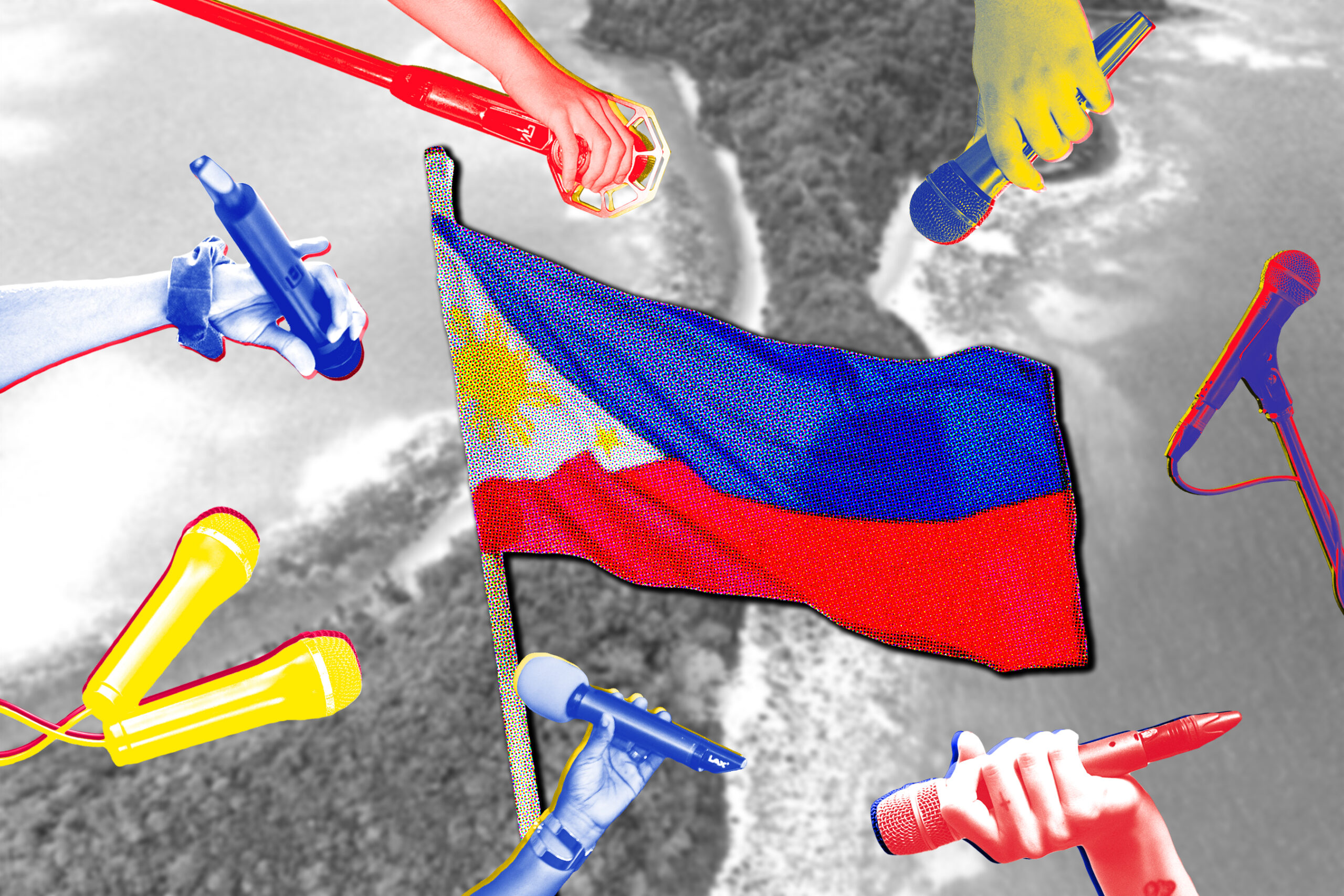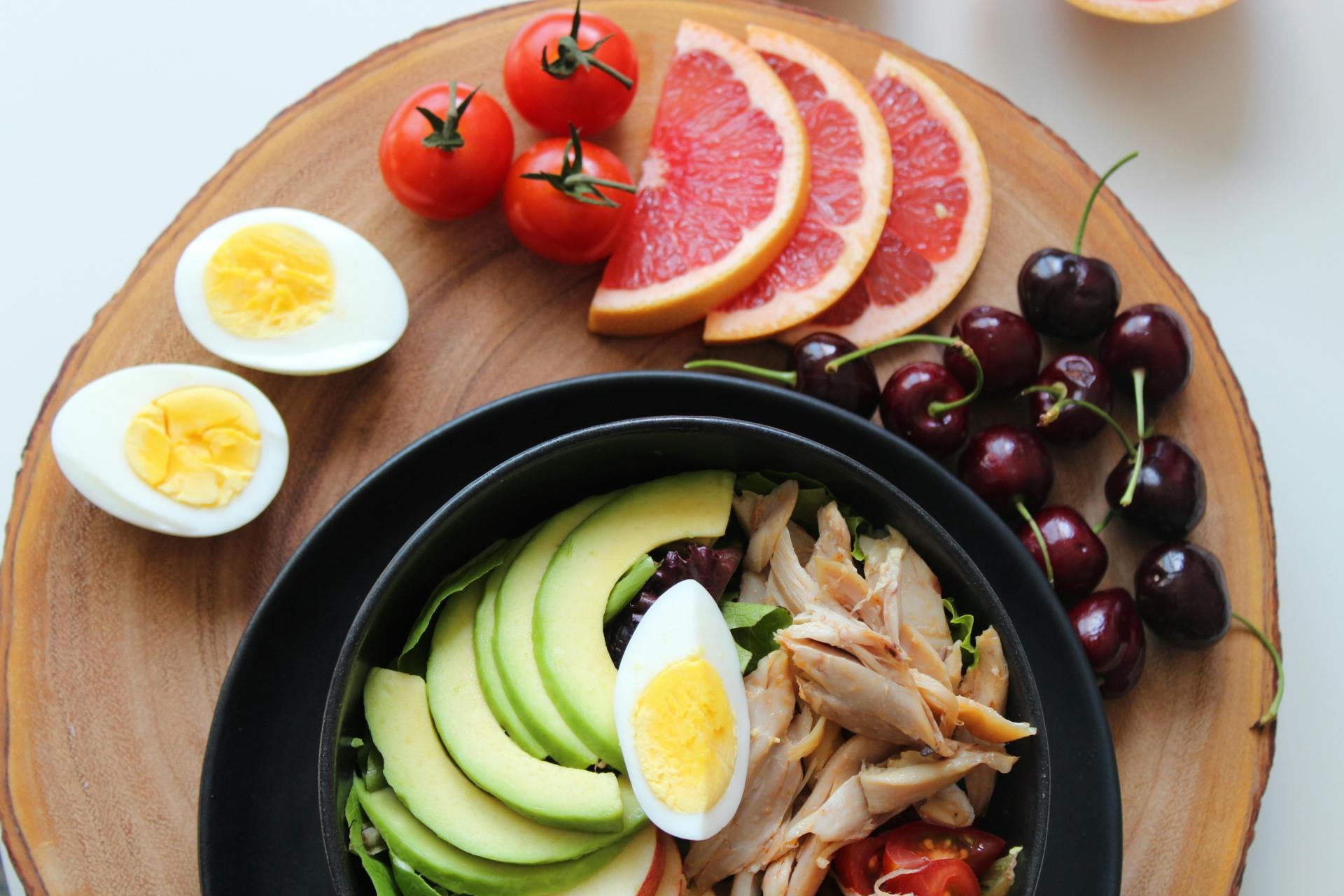Belting karaoke allowed me to rediscover and love aspects of myself that I was uncertain of

By Jillian Gonzales
My connection to music has always been unbreakable and something I cherish — it allows me to communicate feelings I don’t always know how to express otherwise. I took piano lessons growing up and always got involved in choir and Drama Club throughout elementary school. I always naturally gravitated towards these musical pursuits, and as a result, singing and playing the piano became my safe haven to escape reality and be one with sound. It was not until recently that I realized I love music because it brings me closer to my Filipino roots.
Born and raised in Canada, I often did not feel ashamed of being from the Philippines. If anything, I sometimes feel like I’m not Filipino enough. Despite my parents keeping me in touch with our culture throughout my life, I feel like I’m falling short.
There’s this insular joke within the Filipino community that we can all sing and dance very well. My earliest memories include singing with my parents in the living room while listening to the CDs stored atop our huge stereo and fabricating songs that they would sing along to with me.
One day, I spoke with my coworker about our love for karaoke, and she asked me, “Are you good at karaoke?” I replied with, “Well, of course, I’m Filipino.”
This seems silly, but I meant it. I’ve visited the Philippines three times throughout my life and every time, I see my family gathered around the TV, passing around the microphone, belting ballads and laughing as we sing Filipino folk songs.
I can vividly hear my mom singing Whitney Houston’s “Greatest Love of All,” and when I close my eyes, I hear my dad’s rendition of “Open Arms” by Journey. There is something about my parents’ singing that makes me feel close to home — knowing that these are the songs they sang before coming to Canada feels so special.
Before high school, I felt proud to say my family was from the Philippines but that suddenly changed as I entered my teenage years. I felt outcast and had a hard time finding my place. I went from an elementary school with such cultural and ethnic diversity to a predominantly white institution. Looking around at that time, I couldn’t help but feel like I didn’t walk the halls completely like myself. It was not until I joined the Glee Club that I found myself excited to go to school. My favourite extracurricular activity quickly became Glee rehearsals to practice for our upcoming performances.
In grade nine, my school hosted a Multicultural Night and members of the Filipino Club asked me and a friend to perform a song. The one ask was that we sing in Tagalog — the Philippines’ national language. For me, this was a daunting task because Tagalog is not my mother tongue, but I felt inclined to step up to the challenge. After about a month of preparation, we sang “Ikaw” (translates to ‘you’) by Yohan Hwang, a beautiful love song that I still listen to today. Before stepping onto the stage, I was nervous about knowing the words, my pronunciation and sounding good. Once I got on the stage though, I tuned everyone out and took a breath, closed my eyes and sang.
My partner and I sang acapella. We counted ourselves in and harmonized line by line. I look into the crowd when it’s my turn and find myself smiling uncontrollably, thinking, “I can’t believe I’m doing this!” I vividly remember the sensation of my confidence growing as I continue to sing and the next thing I know, it’s over. I hear the crowd clapping and feel the weight off my shoulders. I did it!
When I reflect on who I am today, there are many traits I use to define myself — two of them being a music lover and Filipino. For a significant part of my life, I felt othered for my heritage. After stepping on the stage in front of my peers, friends and family, those feelings of doubt and uncertainty dissipated.
For me, connecting with the sounds of home means doing karaoke with my family and belting timeless ballads in classic Filipino fashion. Through these experiences, I learned how music transcends borders and dialects. It can be a powerful force to reclaim my identity and defy those expectations of assimilation brought on by society.






Leave a Reply